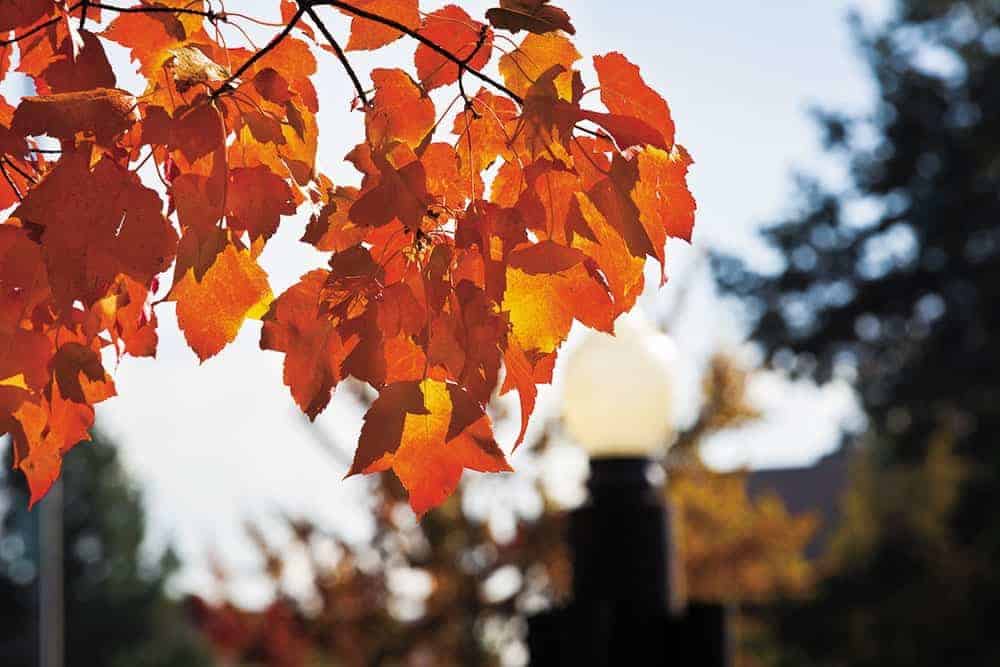Weed of the Month: Red Maple
Red maple is a valued landscaping tree in the eastern United States and Canada but is also toxic to horses.
- Topics: Article, Poisoning & Toxicity, Weed of the Month, Weeds
Share
ADVERTISEMENT

Red maple leaves | Photo: Thinkstock
Common name: Red maple
Scientific name: Acer rubrum L.
Life Cycle: Perennial tree
Origin: North America
Poisonous: Yes
Red maple is a highly valued tree in managed landscapes in the eastern United States and Canada. These native trees produce brilliant red leaves in the fall, which is a major reason small and large horse farm owners desire them. Many people plant the trees without realizing their potential toxicity to horses. Red maple leaves are palmate (hand-shaped) with three to five lobes and might be 2 to 6 inches in length; leaves are usually about as wide as they are long. The sides of the central lobe are parallel with each other, and the leaf edges are serrated.
Older, fallen red maple leaves, damaged or wilted leaves, and leaves on pruned stems are most toxic to horses. The toxin is believed to be gallic acid, which might cause hemolytic anemia (a condition in which there are not enough red blood cells in the blood, due to the premature destruction of red blood cells). Generally, horses are at most risk of poisoning from June through October.
To avoid potential toxicity to horses, owners should remove red maple trees from farms. Also, do not allow horses to have access to trees that have been cut. Remember that while landscape specialists might recommend planting red maple trees because of the red foliage and ease of establishment, they might not realize the plants’ potential for horse toxicity.
Consult your local Cooperative Extension Service personnel for specific identification and control methods in your area.
William W. Witt, PhD, a researcher in Plant and Soil Sciences, provided this information.
Want more articles like this? Sign up for the Bluegrass Equine Digest e-Newsletter
Create a free account with TheHorse.com to view this content.
TheHorse.com is home to thousands of free articles about horse health care. In order to access some of our exclusive free content, you must be signed into TheHorse.com.
Start your free account today!
Already have an account?
and continue reading.
Share
Written by:
University of Kentucky's College of Agriculture, Food, and Environment
Related Articles
Stay on top of the most recent Horse Health news with












